What the latest church scandal teaches about the Catholic right

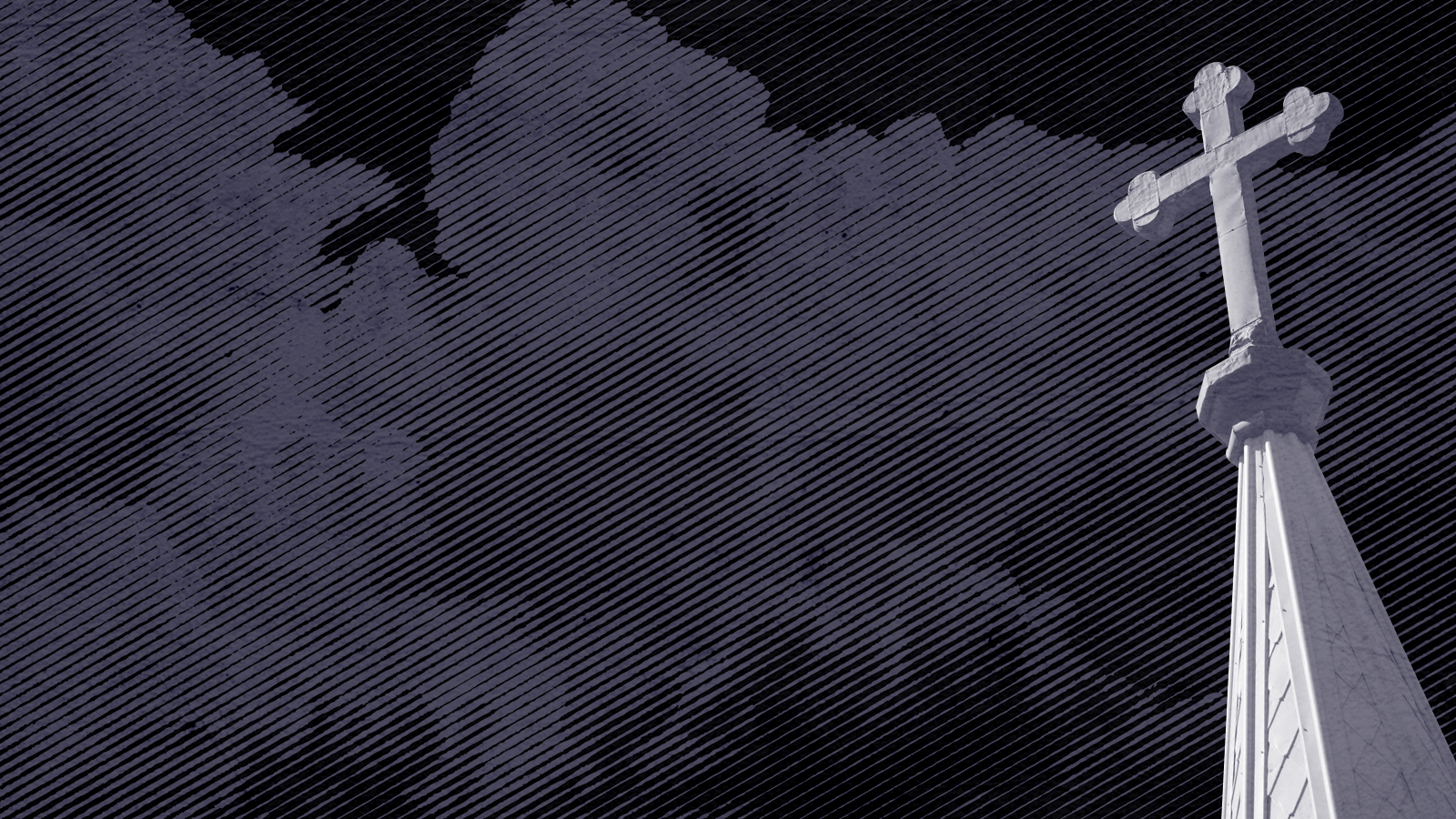
A free daily email with the biggest news stories of the day – and the best features from TheWeek.com
You are now subscribed
Your newsletter sign-up was successful
The latest sex scandal in the Catholic Church alleges that a prominent priest, Monsignor Jeffrey Burrell, used the gay hookup app Grindr to habitually violate his vow of celibacy while serving as general secretary of the U.S. bishops' conference. The story, which appeared on a muckraking Catholic news site called The Pillar and was based on cell phone data apparently acquired from a third party, has inspired widespread ambivalence among prominent Catholic commentators. On the one hand, many are hurt and disappointed to learn of another wayward cleric flagrantly disregarding church teaching. On the other, there is considerable discomfort about The Pillar's violation of Burrell's digital privacy.
Yet there is one group of Catholics who have risen up in unambivalent defense of the accused priest: the so-called Catholic integralists who advocate for a unification (or integration) of church and state in the U.S. and elsewhere. Such authors as Adrian Vermeule, Gladdin Pappin, and Sohrab Ahmari have taken what sounds like a liberal position, maintaining that the main and perhaps only offense committed in this case is The Pillar's act of publicizing Burrell's alleged sexual misbehavior.
As Timothy Troutner, a graduate student in theology at the University of Notre Dame explains in an informative thread on Twitter, this might seem surprising, given the strenuousness with which Catholic conservatives have insisted on the church upholding its doctrines surrounding sexual morality — let alone the integralists' public record of skepticism toward due process and liberal proceduralism.
The Week
Escape your echo chamber. Get the facts behind the news, plus analysis from multiple perspectives.

Sign up for The Week's Free Newsletters
From our morning news briefing to a weekly Good News Newsletter, get the best of The Week delivered directly to your inbox.
From our morning news briefing to a weekly Good News Newsletter, get the best of The Week delivered directly to your inbox.
Yet on another level, the position makes perfect sense. As Troutner puts it, the integralist vision of the church "forbids any check" on its "autonomy/sovereignty, journalistic or otherwise." Vermeule, Pappin, and Ahmari have consistently held to this position in cases of cardinals being prosecuted for financial crimes, and in incidents of reporters looking into evidence of prelates covering up sexual abuses of minors. And now they are applying this standard in the Burrell case.
The integralists think the institution of the church should be insulated from any higher or external oversight, be it legal, moral, or journalistic, even though in such a world the biggest scandal of all — the decades-long abuse of children by priests and its concealment by the church hierarchy — would still be hidden from public view, with predatory clerics still terrorizing kids and Catholic laypeople deliberately kept in the dark.
That's the way authoritarian institutions work: They cultivate obedience by tamping down on investigations into the truth. It's good to know the integralists are willing to embrace the full implications of their position.
A free daily email with the biggest news stories of the day – and the best features from TheWeek.com
Damon Linker is a senior correspondent at TheWeek.com. He is also a former contributing editor at The New Republic and the author of The Theocons and The Religious Test.
-
 The week’s best photos
The week’s best photosIn Pictures An explosive meal, a carnival of joy, and more
-
 The ‘ravenous’ demand for Cornish minerals
The ‘ravenous’ demand for Cornish mineralsUnder the Radar Growing need for critical minerals to power tech has intensified ‘appetite’ for lithium, which could be a ‘huge boon’ for local economy
-
 Why are election experts taking Trump’s midterm threats seriously?
Why are election experts taking Trump’s midterm threats seriously?IN THE SPOTLIGHT As the president muses about polling place deployments and a centralized electoral system aimed at one-party control, lawmakers are taking this administration at its word
-
 How will the next pope change the Catholic Church?
How will the next pope change the Catholic Church?Talking Points Conclaves can be unpredictable
-
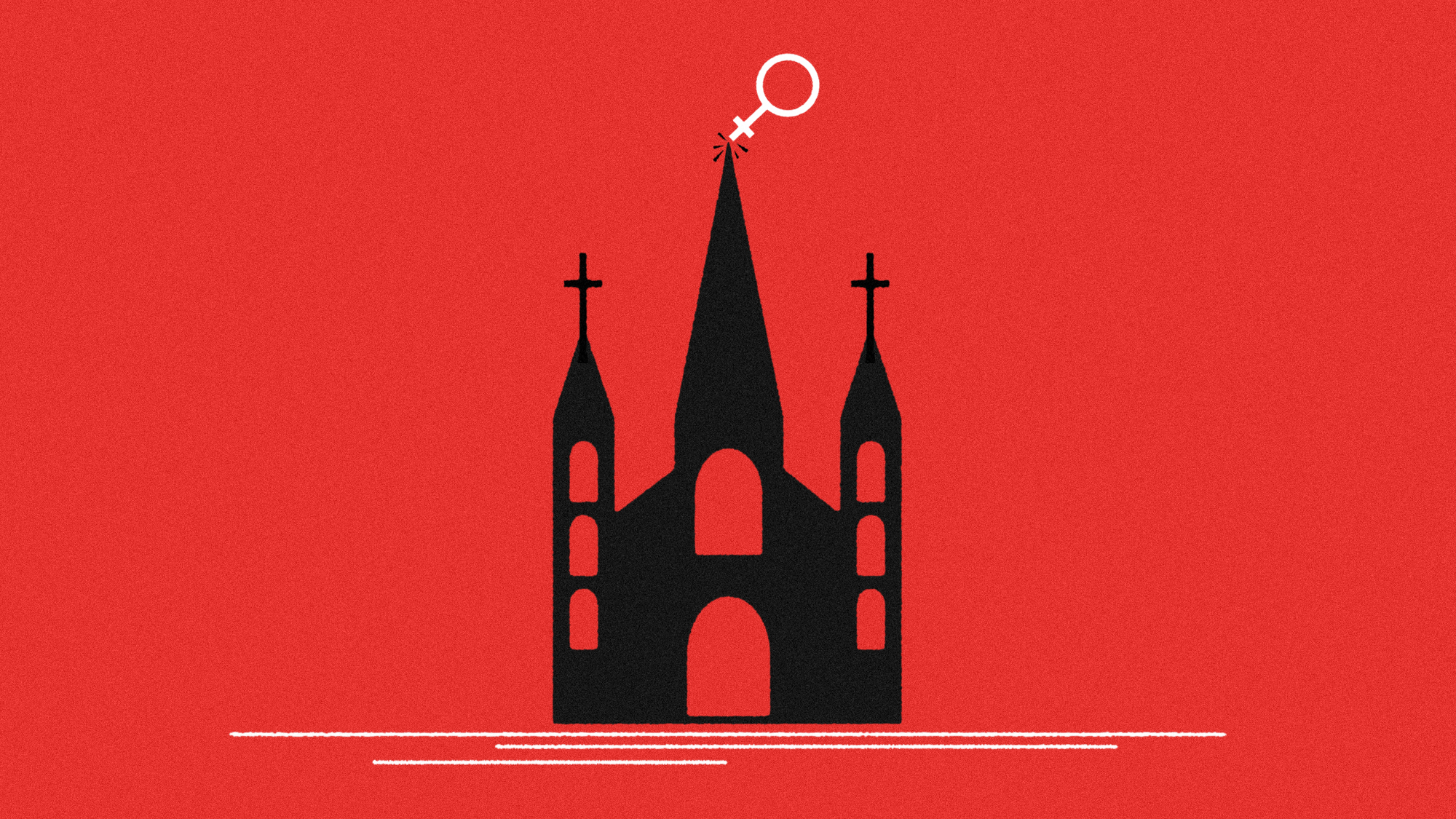 Young women are leaving the church
Young women are leaving the churchTalking Points They've been the 'backbone' of their congregations. What changed?
-
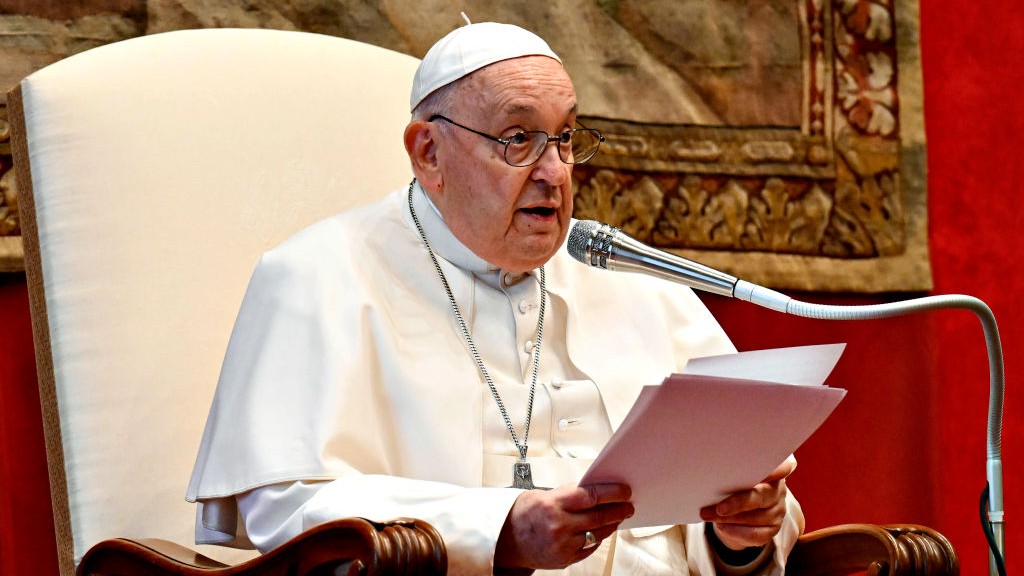 The potential consequences of Pope Francis' call for a ban on surrogacy
The potential consequences of Pope Francis' call for a ban on surrogacyTalking Points Francis called the practice 'despicable' and a 'commercialization' of pregnancy
-
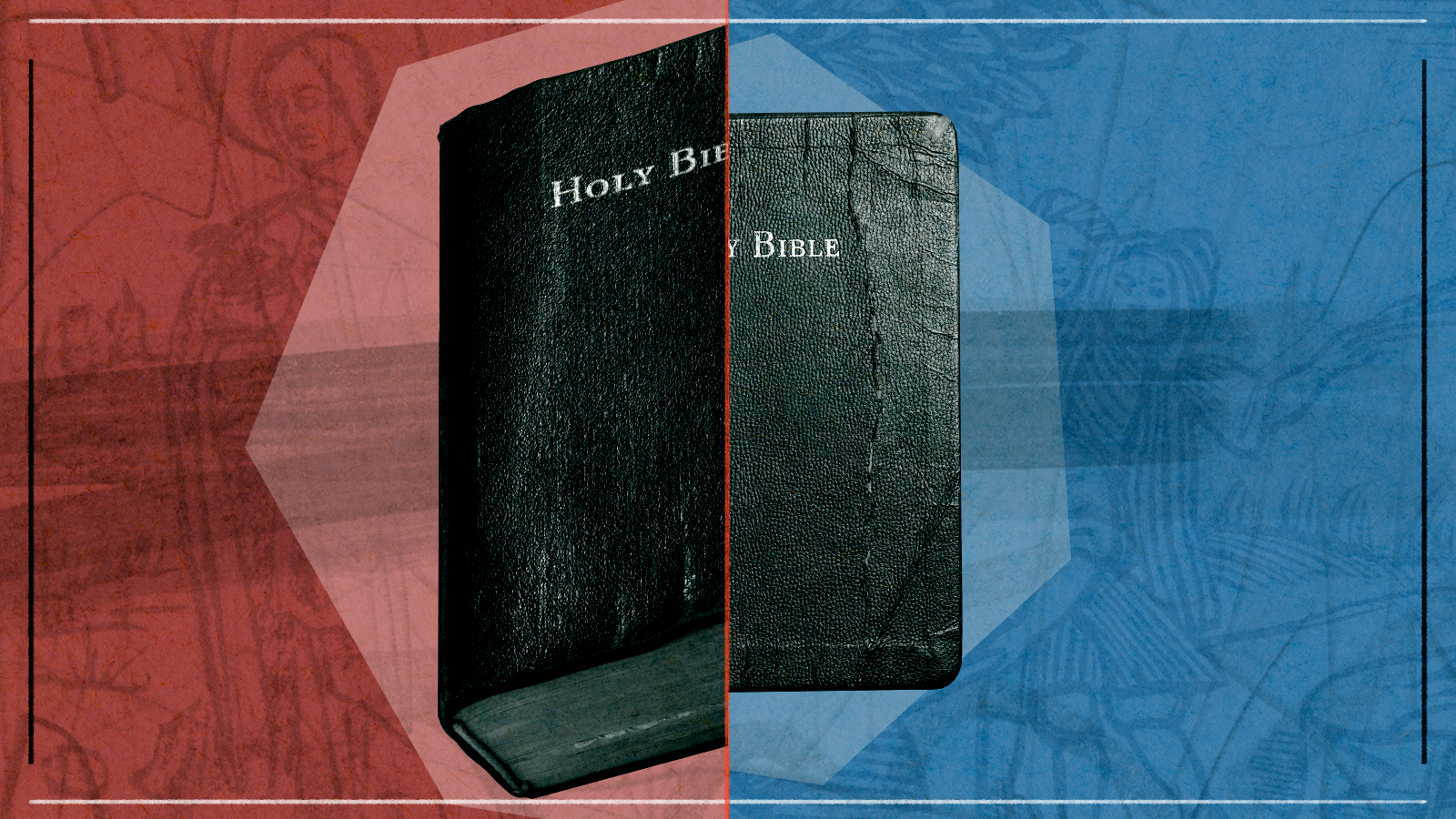 The divided Methodist church?
The divided Methodist church?Talking Point
-
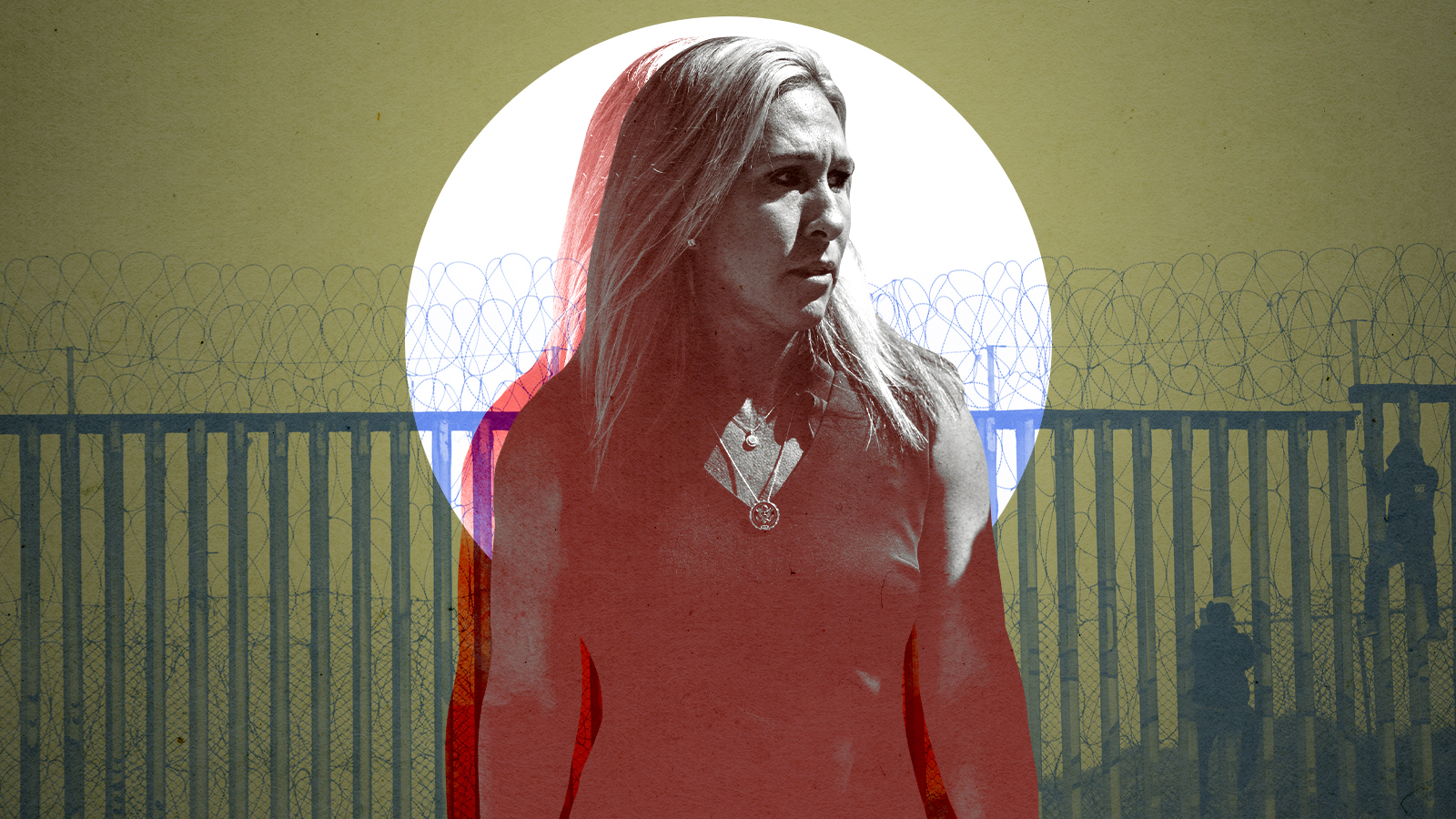 Marjorie Taylor Greene's glib anti-immigrant theology
Marjorie Taylor Greene's glib anti-immigrant theologyTalking Point
-
 Will anyone be happy with a post-religious America?
Will anyone be happy with a post-religious America?Talking Point
-
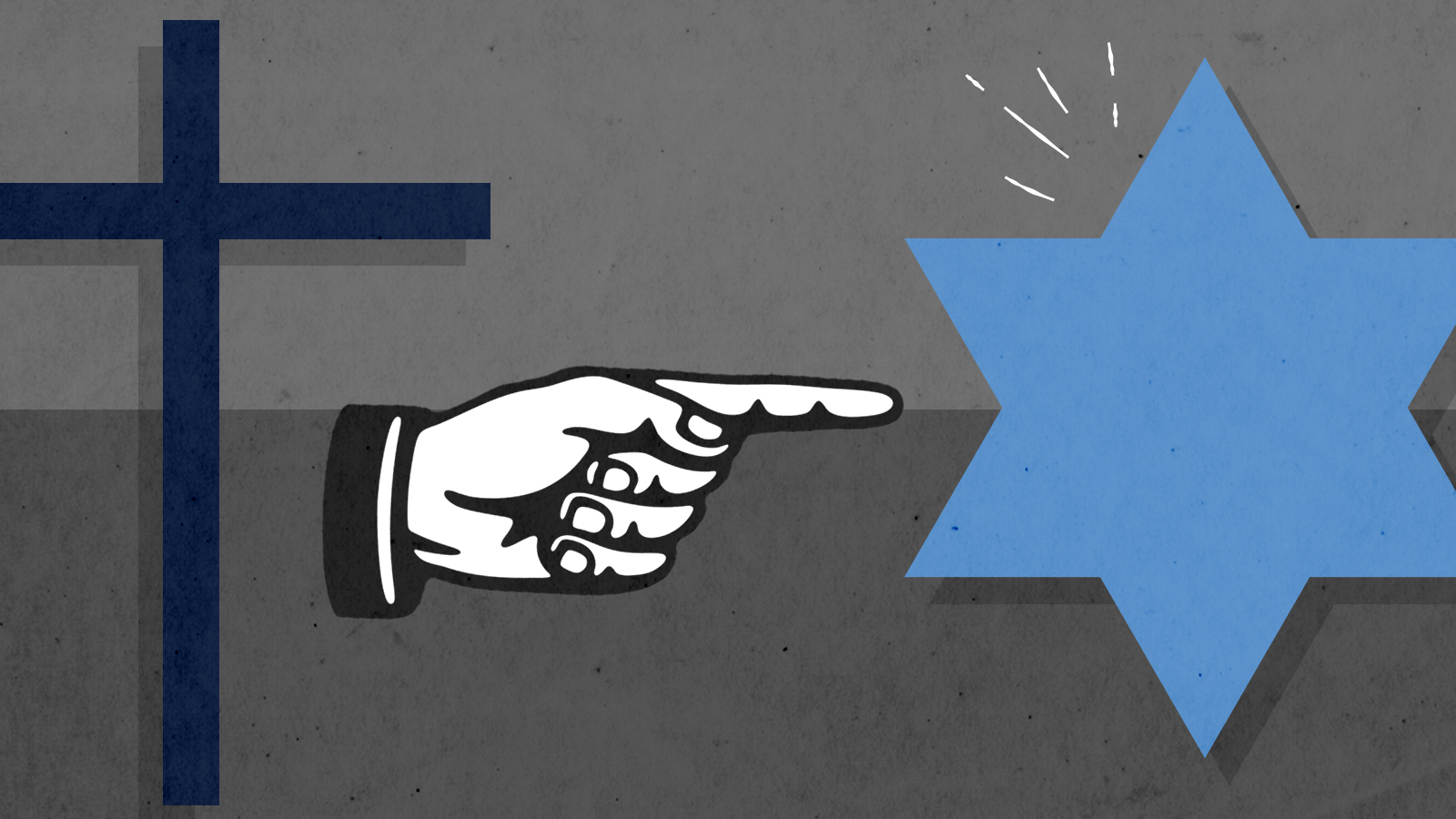 A viral conversion story and the paradox of choosing to leave modernity
A viral conversion story and the paradox of choosing to leave modernityTalking Point
-
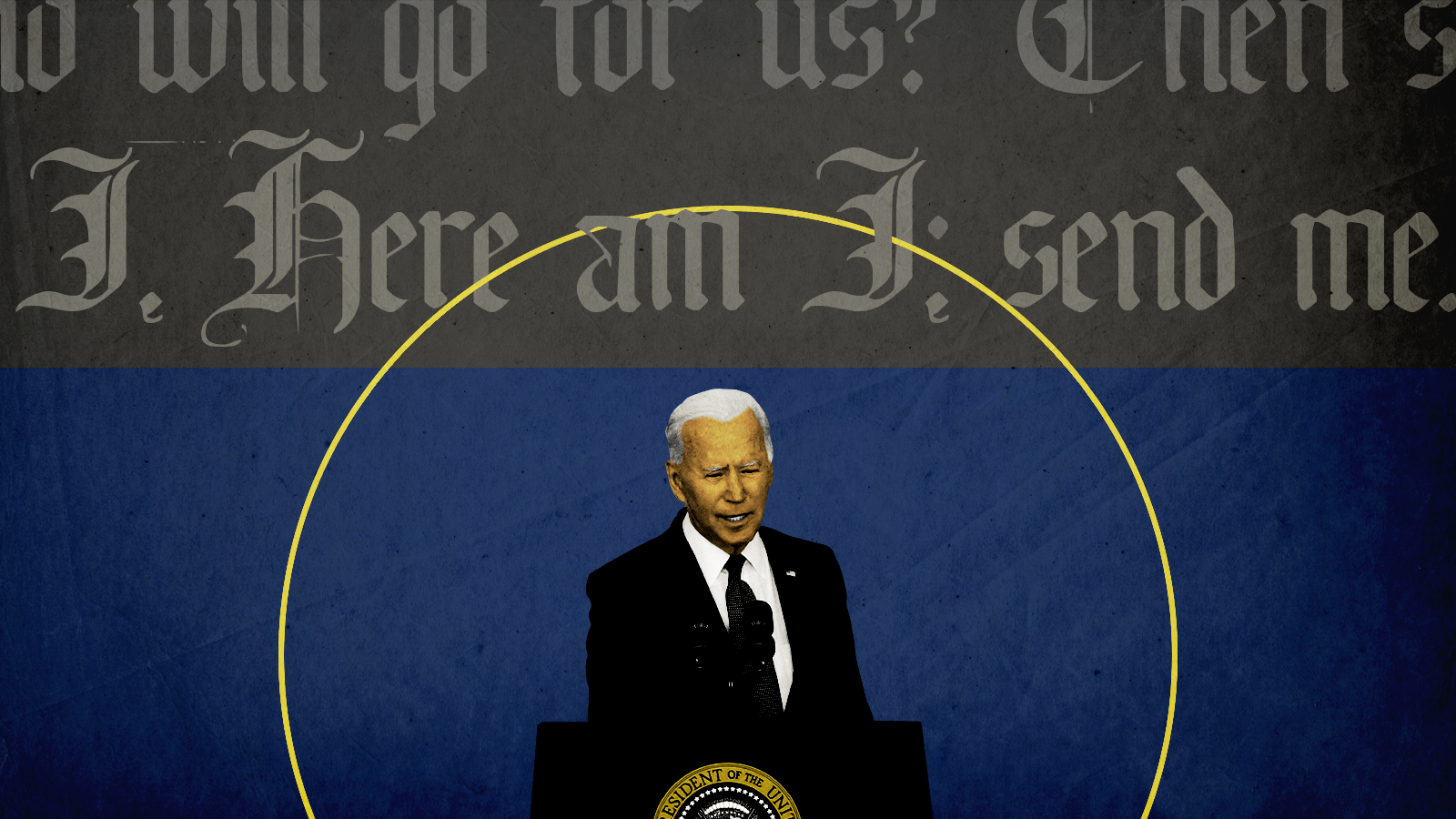 Biden chooses the wrong Bible verse
Biden chooses the wrong Bible verseTalking Point
